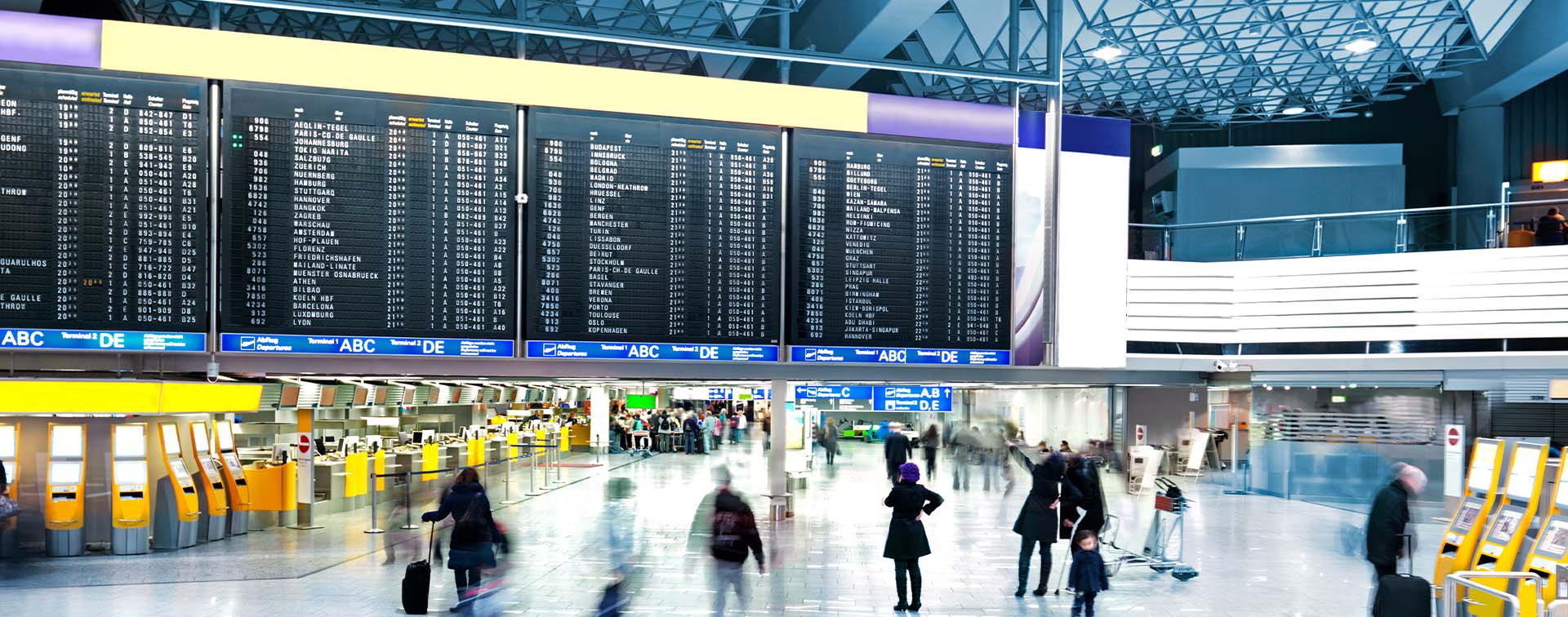
Willie Walsh is Director General of the International Air Transport Association (IATA).
This year, airlines will connect nearly 5 billion people over 22,000 routes on 39 million flights. The air cargo transported will reach 62 million tonnes, facilitating an astounding USD 8.3 trillion in trade. The aviation industry continues to generate immense value by offering rapid, safe, and affordable transportation. This industry is not only a driver of tourism, e-commerce, trade, and investment but also a crucial link for businesses to global opportunities, a supporter of the UN Sustainable Development Goals, and an enabler of the freedom of mobility.
In 2024, the industry expects to record revenues of almost USD 1 trillion. Expenses however will also be at a record high of USD 936 billion. Net profit will be USD 30.5 billion. This translates to a modest net margin of just over 3%. Despite the value airlines create, profit per passenger is USD 6.14 — barely enough for a single espresso in a typical hotel café. Additionally, this year, the return on invested capital is projected at 5.7%, significantly below the average 9% cost of capital. Despite this, the real cost of air travel has fallen 34% over the last decade.

Amid these financial dynamics, the aviation industry faces an existential challenge: achieving net-zero carbon emissions by 2050. This ambitious goal demands reliable data and informed decision-making, especially as organizations devise strategies to decarbonize. Reliable data is mission critical.
Achieving net-zero carbon emissions by 2050 is imperative for the aviation industry. Every organization involved will be affected. Consequently, numerous net-zero roadmaps have been developed, all of which focus on reducing energy use, transitioning to clean energy sources, and capturing residual carbon. To achieve these aims, there is a consensus that sustainable aviation fuel (SAF) is our biggest decarbonization lever to 2050, SAF alone will not be enough — we need many levers, and most importantly, decarbonization is possible.
This year, SAF production will equal slightly more than 0.5% of aviation’s fuel needs, therefore achieving a 5% emissions reduction through SAF by 2030, a target the International Civil Aviation Organization (ICAO) acknowledges is very ambitious. To achieve this government-agreed target, government support is critical. Governments must implement concrete measures to facilitate the exponential ramp-up of SAF while also addressing all other necessary decarbonization measures.
Aviation is a global industry that needs global solutions to the challenge of climate change. Variety is key — not every country has to implement the same measures. However, agreeing on a set of solutions that are globally recognized and accepted to achieve net-zero carbon emissions is essential.
First, measures must be science-based. Policies cannot be based on assumptions that might be right. They could just as easily be wrong. Europe’s intention to force airlines to report their non-CO2 impacts is putting the cart before the horse. There is scientific consensus that we need more humidity data to quantify the impact of contrails. Getting that actual data must be the priority.
Second, more taxes are not the solution. Governments spent years agreeing every aspect of the Carbon Offsetting and Reduction Scheme for International Aviation (CORSIA). It was to be the market-based measure to address international aviation’s climate change impact. The ICAO resolution says three times that CORSIA must stand in avoidance of a patchwork of measures. And yet there is no end to the parade of fragmented green tax proposals. Most recently, Denmark brought in a new green tax and Germany increased its travel tax. Policies are needed that enable people to fly sustainably, not ground all but the rich with taxes — taxes that will have no positive environmental benefit.
Third, unilateral measures must not be extra-territorial. Years were lost in policy paralysis when Europe tried to impose its emissions trading system globally. It’s a mistake that is not worth repeating.
Fourth, measures should anticipate what is needed to achieve them. That has not happened with CORSIA. Airlines must soon account for their CORSIA credits. Guyana is the only seller, with 4.64 million eligible units available. That’s a very small fraction of the 65–162 million credits needed. Where are all the other governments that agreed to CORSIA? SAF mandates face a similar issue. Some governments have mandated airlines to purchase SAF in amounts that do not exist. And where they have mandated SAF production, there are no mechanisms to protect airlines from bearing the costs of supplier penalties for shortfalls. We witnessed this in France, where fuel suppliers are happy to accept penalties for their failure to supply the SAF mandate. They simply exercise their monopoly power and pass those costs on to airlines.
Fifth, measures must have provisions for review and abandonment if they are not producing the intended results. Some good ideas will certainly translate into good policies. And many may not. When a policy has clearly failed — especially when costs outweigh benefits — regulators must have the courage to stop, and change tack fast.
Sixth, there are no copyrights on successful measures. When a measure produces the right outcome, others should copy it. We’d like, for example, more countries to replicate the incentive mechanisms for SAF in the USA — tax cuts and grants. Since 2021, US SAF consumption increased fivefold and there’s been a steady stream of investments to boost domestic production — results worth replicating.
Seventh, measures should direct capital towards solutions like SAF. The International Energy Agency estimates a USD 400 billion annual over-investment in fossil fuels. At that pace, in 2050 we’ll have double the oil and gas needed for the net-zero world that all industries are aiming for. Policies redirecting some of this overspend to SAF would find a waiting and profitable market.
And finally, measures should envision a sunset. The aim is to set in motion functioning markets for decarbonization solutions. Once that is achieved, they must survive as normal businesses.
This is a long list of parameters, but it will prove its worth if it helps governments filter more quickly to a robust set of decarbonization policy measures. We’ll need all the good ideas, measures, policies, and initiatives that can be mustered.
While this may seem daunting, progress has already been made. We have CORSIA, the only global market-based measure to address climate change. The challenge is to make it work. We have SAF, a proven clean alternative to jet fuel. The challenge is to ramp up efficiently with diverse feedstocks and production methods. And we have a common commitment with governments to decarbonize by 2050. The challenge is for governments to deliver enabling policies.
Decarbonizing aviation faces many challenges. Decarbonizing aviation is also our license to do business. And, most importantly, we know that decarbonizing aviation is absolutely possible.